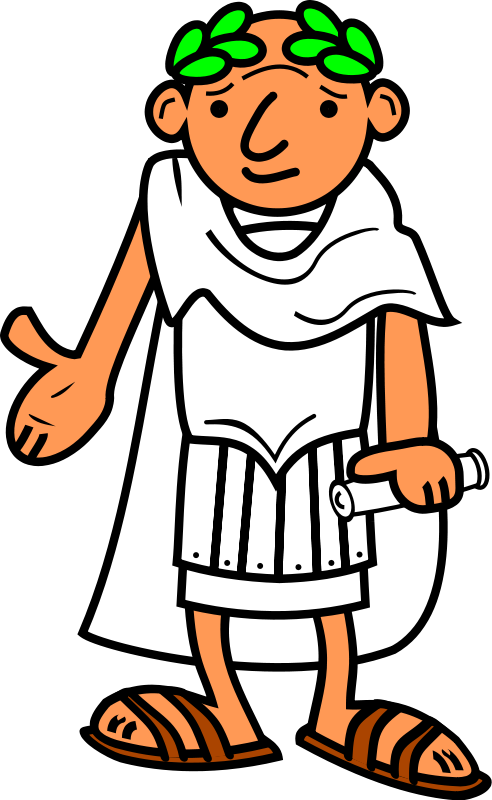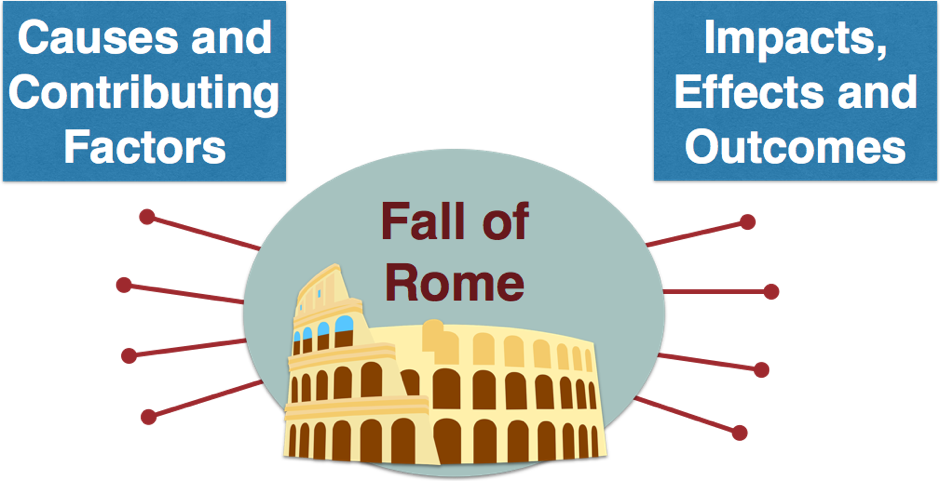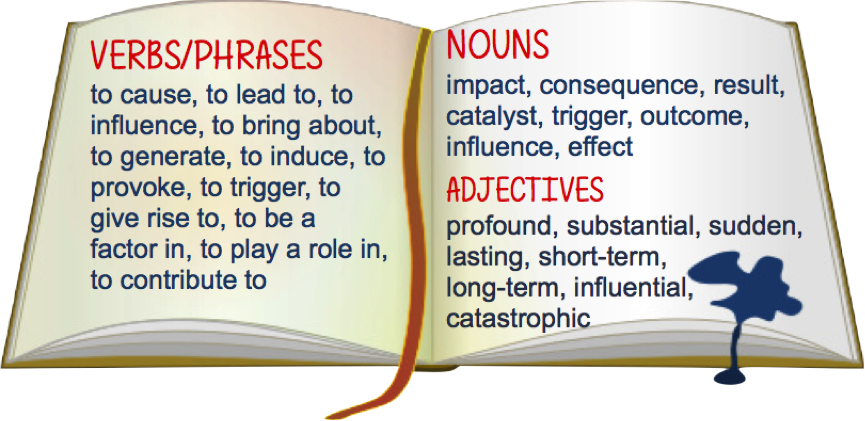 Dear Year 7,
Dear Year 7,
As we have discussed in class, the three adjectives in the title of this post sum up many aspects of ancient Roman civilisation. The BBC website employs the first two adjectives, “brutal” and “ingenious”, in its description of this powerful empire. I chose the last word, “systematic”, because Roman organisation and administration were crucial to the lasting success of the empire.
The exercises below will provide you with examples and stories that further illustrate the qualities of the ancient Romans. There are several quizzes, videos and handouts that will help you to piece together the complex story of ancient Rome.
Kind regards,
Ms Green
1 Complete this Timeline Task
Based on the Ducksters summary of the ancient Roman story, this handout will give you an overview of the main events in Roman history. It covers the period from 753 BCE till 476 CE.
First of all, can you select the synonyms that accurately explain the meanings of the three adjectives? See this quiz on your whole screen HERE.
3 More Essential Roman Vocabulary – Flashcards
4: Video: A Day in the Life of a Roman Soldier
Edpuzzle of this video with questions…
5 Video: A Mesmerising Summary of Roman Army Organisation (thanks, Linton!)
6 Reading up on the Roman Army: BBC Bitesize
7 An Ancient Whodunit
Did Agrippina Murder Claudius? – a handout based on Swinton, J. (1995) In Search of History, Melbourne: MacMillan
8 Portrait of a Tyrant
- Handout: Tyranny
- Ducksters Website: A simple biography of Nero
- Handout based on BBC website account
9 Kahoot on Ancient Rome, tyranny and Nero
- Play alone after creating a Kahoot account for yourself
- Play with the whole class
Defining Slavery: Handout
12 A Crossword
13 Extra Resources
- Crash Course History: Slavery in the USA (challenging)
- HBO Video: Slavery in Ancient Rome
- The Freedom Fund: Introduction to Modern Slavery




